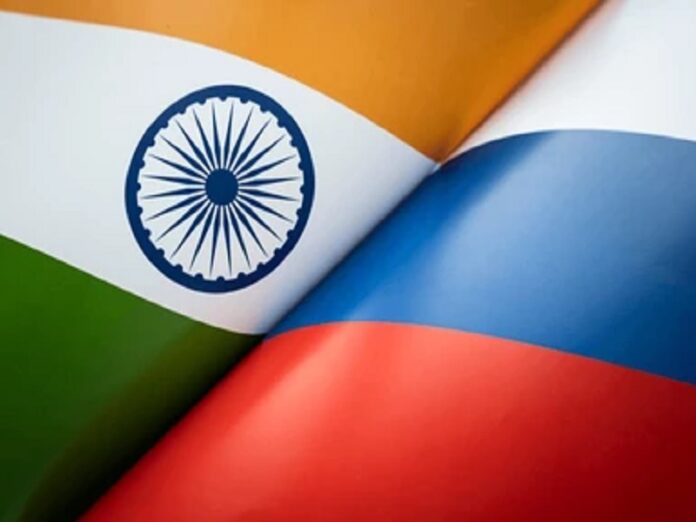A shift appears to be underway in terms of how Russian policymakers perceive India. Foreign Minister Sergey Lavrov warned in mid-May that the West wants to pit India against China and strongly alluded to the Quad, in which India participates, as an example of an “openly confrontational” format. This was followed by him soon thereafter proposing the resumption of Russia-India-China (RIC) format meetings in spite of reports that China gave satellite intelligence to Pakistan during its latest conflict with India.
That latest development coincided with Russian Deputy Foreign Minister Alexey Overchuk, who paid a milestone visit to Pakistan last September and nowadays functions as the top official tasked with expanding bilateral ties, talking about a trans-Eurasian railway between Russia and India via Pakistan. In his words, “We really want good relations to be established between Pakistan and India so that it would be possible to ensure railway communication between Russia, Pakistan and India.”
All of this came after Russia’s neutrality during the latest Indo-Pak conflict, which was elaborated on in the preceding hyperlinked analysis but can be summarized as the result of its pro-BRI policymaking faction experiencing a resurgence of influence at the expense of their balancing/pragmatist rivals. Taken together, the respective messages being sent by Russia are that it’s suspicious of India’s ties with the US, wants it to patch up problems with China, and hopes for a speedy resolution of the Kashmir Conflict.
From India’s corresponding perspective, however, ties with the US aren’t aimed against any third party, relations with China remain complicated, and Pakistan must cede control over its portion of Kashmir in order to resolve the conflict. These policies have been publicly articulated yet Russia has still expressed different views toward these issues over the past month. Quite clearly, this can only logically be due to its changed policymaking dynamics, which come ahead of Putin’s visit to India sometime later this year.
If this trend continues in parallel with no shift in Indian policy towards the US, China, and Pakistan, then it can’t be ruled out that Russian policymakers might conclude that India is obstructing Eurasia’s multipolar integration, though this might not lead to any policy changes, at least not yet. After all, India remains Russia’s special and privileged strategic partner as they agreed to officially describe their relations, it’s Russia’s top arms client, and India is among the largest buyers of Russian oil nowadays too.
It would therefore be mutually disadvantageous for Russia to proactively distance itself from India in any meaningful way even in the scenario of policymakers viewing it differently. Nevertheless, Russia might informally implement a policy of “dual hyphenation” whereby India is paired with China and Pakistan in terms of policymakers’ perceptions, thus possibly leading to it considering their interests in every dealing with India. That could in turn make them reluctant to openly privilege India like is presently the case.
That would be unfortunate from India’s vantagepoint but understandable from Russia’s, though Modi might address this trend with Putin during the latter’s visit in the hope that he intervenes to correct it. They’re close friends and Putin himself is a balancer/pragmatist so he might be receptive to Modi’s potential complaint. The possibility of Russian policymakers’ perception of India changing by the time of their next meeting raises its importance and should therefore be very closely monitored by all observers.







